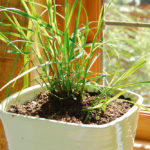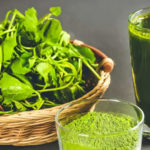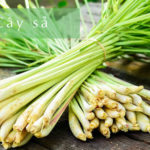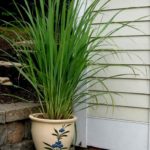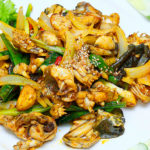1. purslane
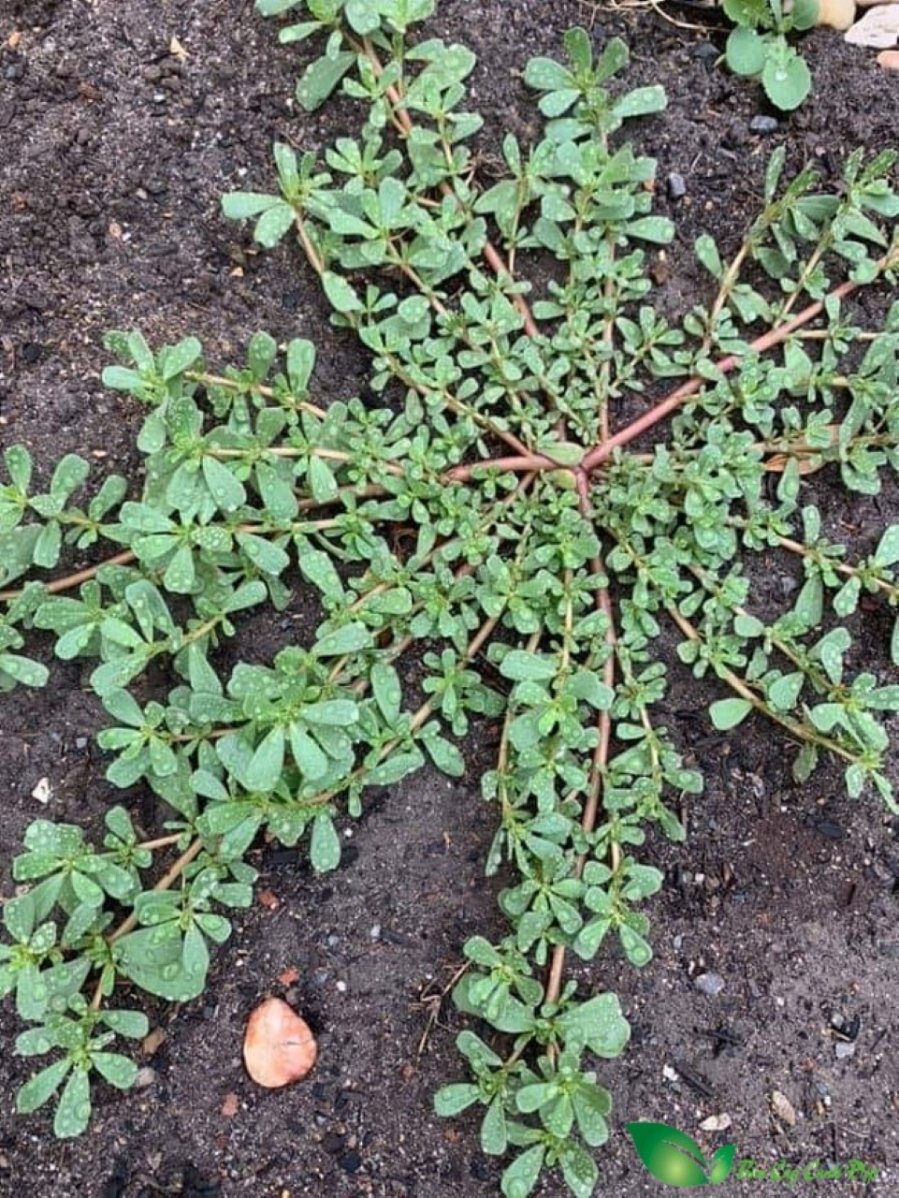
purslane is very good for dysentery
According to Oriental medicine, purslane, also known as Ma Xi Xian, can now be used as a whole plant, except for the roots. Harvest in summer and autumn, use fresh. Purslane will help disinfect, reduce inflammation, treat pinworms, roundworms; cure bacillary dysentery, stranguria by using 250g of fresh plants, combined with small-leaved milkweed to make a decoction. You can also crush the leaves to apply, helping to treat sore breasts, acne, impetigo on the head…
2. gotu kola
In Oriental medicine, gotu kola, also known as Tich Tuyet Thao, Lien Tien Thao, is also a plant harvested year-round, can be used fresh, dried in the sun or dried. Gotu kola crushed and applied externally can treat injuries from falls, broken bones, sprains, abscesses…
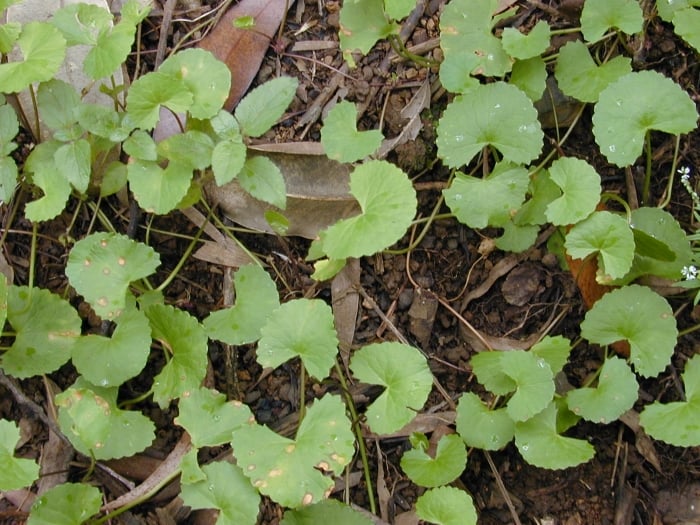
gotu kola crushed and applied externally can treat injuries from falls, broken bones, sprains, abscesses…
In addition, gotu kola can also cure symptoms such as fever, vomiting blood, nosebleeds, dysentery, diarrhea… by using 30g of fresh plants, add water or decoct daily.
3. Houttuynia cordata
Houttuynia cordata is a raw vegetable with a sour taste and fishy smell. According to Oriental medicine, Houttuynia cordata has the effect of treating bronchitis, detoxifying, cooling, treating acne, and beautifying the skin. In addition, Houttuynia cordata is also used to treat asthma, edema, urinary tract inflammation, frequent urination, urgency of urination, vaginal discharge, and acne.
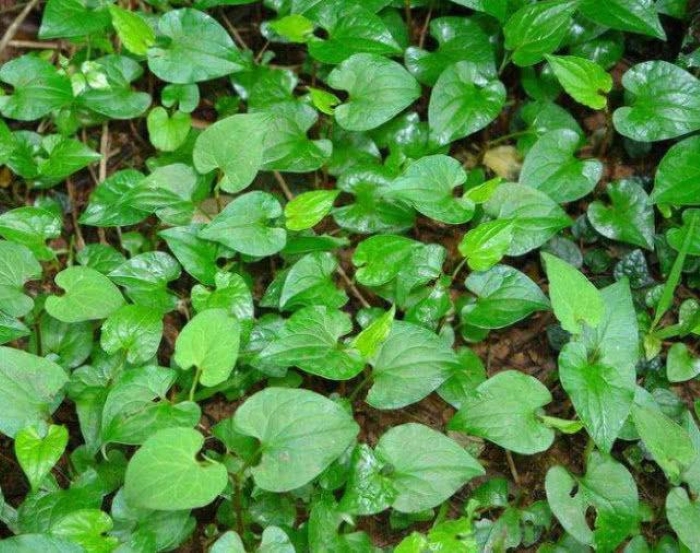
Houttuynia cordata has the effect of treating bronchitis, detoxifying, cooling, treating acne, and beautifying the skin.
The abundant amount of fiber in this vegetable has the effect of supporting the digestive system, preventing fat absorption, promoting the separation of toxins and then eliminating them from the body.
In addition to eating raw, you can use Houttuynia cordata juice to increase metabolism, transform, excrete waste, toxins, fat, and at the same time suppress appetite, reduce the amount of calories absorbed, helping you lose weight naturally. lose weight naturally.
4. hairy basil
According to Traditional Medicine, hairy basil has a bitter and astringent taste, cool, has a characteristic smell that can be unpleasant to many people. Modern medicine has studied and found in this type of leaf ingredients such as: Essential oils, proteins, vitamin C, carotene and some other components.
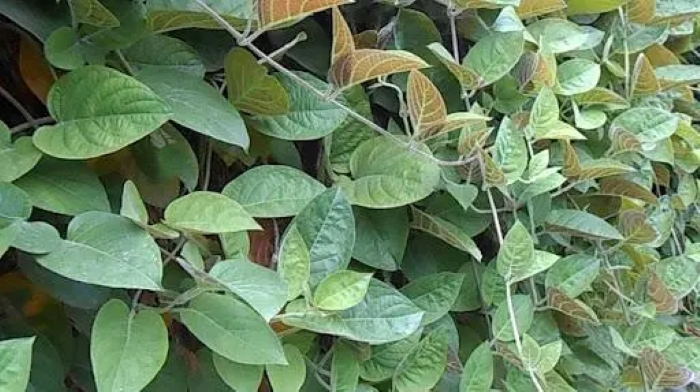
Hairy basil to sterilize, cool, detoxify, ward off wind, promote blood circulation, treat flatulence, indigestion…
Basil leaves have the following effects:
- Oriental Medicine uses hairy basil to sterilize, cool, detoxify, ward off wind, promote blood circulation, treat flatulence, indigestion.
- Hairy basil treats diarrhea, supports the treatment of bloody stools, dysentery.
- This spice is also effective in reducing phlegm, supporting the treatment of cough due to bronchitis.
- The active ingredient Sulfur dimethyl disulphide in basil leaves has antibacterial, anti-inflammatory properties, helping to destroy bacteria in the digestive tract. Thereby, basil can support the treatment of irritable bowel syndrome.
- Anti-inflammatory components in basil leaves also have the effect of neutralizing stomach acid, reducing symptoms and supporting the treatment of internal stomach lesions.
- From a long time ago, the prescription using hairy basil leaves to reduce the symptoms of gastroesophageal reflux, treat colitis, prolapse of the rectum… has also been applied by our ancestors.
- The alkaloid in basil also has the effect of reducing the effects of free radicals that are harmful to the body. Curing sore throats with basil leaves is also quite safe and effective.
There are many tips for using basil leaves for health care and remedies for diseases that have been passed down from ancient times to the present.
5. lemongrass
Lemongrass can be harvested year-round, used fresh or dried in the shade.
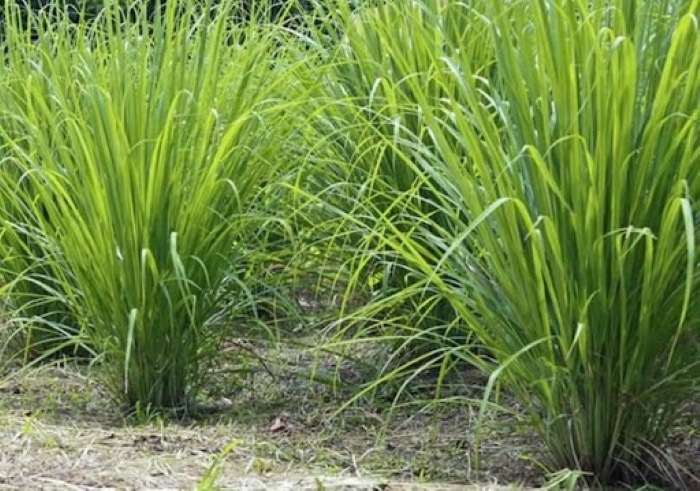
Lemongrass essential oil will help cure bloating, vomiting, poor bowel movements…
With just 10-20g of roots and leaves decoction or steaming with other aromatic leaves will cure colds or fever. Lemongrass essential oil will help cure bloating, vomiting, poor bowel movements. You can use 3-6 drops of lemongrass essential oil with water. In addition, lemongrass essential oil also has the effect of repelling mosquitoes, deodorizing…
6. mugwort
Mugwort or Artemisia vulgaris L, scientific name, daisy family. According to Oriental medicine, mugwort is bitter, pungent, warm, enters the spleen, liver, and kidney channels, has the effect of warming the uterus, stopping bleeding, maintaining pregnancy, dispelling cold, reducing pain, and can be used in acupuncture.
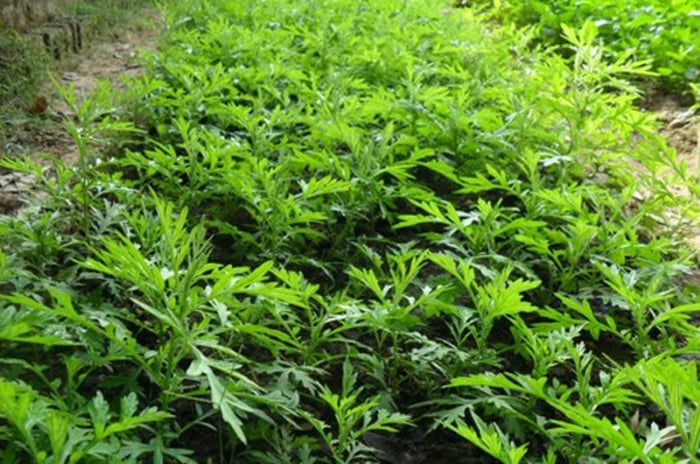
mugwort prevents fatigue, is good for the brain, helps the mind to stay awake
Mugwort can use the whole plant, except for the roots. Use fresh or dried in the shade. Mugwort has many uses such as preventing fatigue, being good for the brain, helping the mind to stay awake, lightening the head and brightening the eyes, and strengthening the health.
In addition, it also has the effect of treating acne such as: warts, warts, acne, itching, scabies, heat rash, sprain and very good for facial skin.
When menstruation is irregular, vaginal discharge, miscarriage, menorrhagia, hemoptysis, nosebleeds… can use 6-12g/day in decoction or concentrate to treat the disease.
16 Best Houseplants to Keep Mosquitoes Away
Having to deal with pesky insects such as flies and mosquitoes is something that most of us have probably experienced. Not only do these troublesome critters cause unsanitary spaces, they can also spread infectious diseases. While insecticides do the job, why not try something a little different and opt for plants to repel these insects while adding to the aesthetics of your home? Read on to learn more about the following plants that could help.
Use Gotu Kola and Salt to Get Rid of Acne Quickly
Ready to achieve a clear complexion? Join Bach Hoa Xanh now to discover how to use gotu kola and salt to combat acne!
























